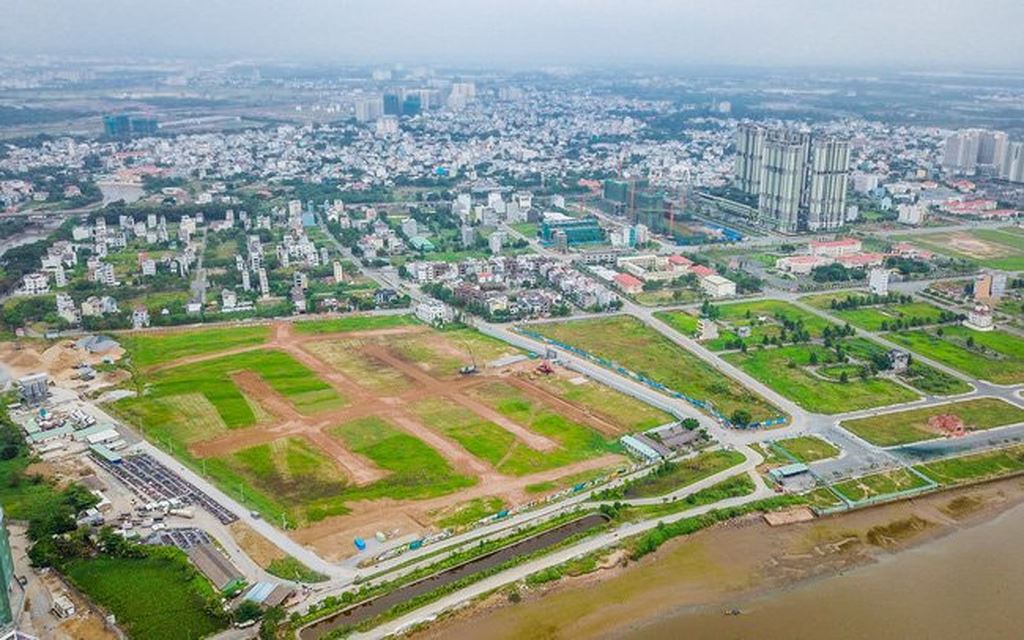The 12th Central Conference, held on July 18-19, 2025, discussed and provided opinions on several key issues, including the revision of resolutions and conclusions to establish a political foundation for addressing legal bottlenecks and promoting development in the new phase. Once again, land policy and legislation were placed at the core, not only due to their sensitive and critical nature but also because they are closely tied to the interests of the entire population and are pivotal for socio-economic development.
A week earlier, at a conference evaluating three years of implementing Resolution 18-NQ/TW on land and one year of enforcing the 2024 Land Law, the Government noted that land policies and laws remain inadequate, not aligning with the two-tier local governance policy or meeting the country’s development needs in the new phase. Additionally, some innovative land finance policies outlined in Resolution 18 have not been fully institutionalized. In many areas, land auctions have been exploited for speculation, price inflation, and market manipulation, disrupting the market.
Given the shortcomings identified by the Government and the Central Committee’s guidance at the 12th Conference, it is evident that land policies will soon be revised. This revision will not merely involve technical adjustments but will comprehensively reshape the legal framework governing the nation’s most critical resource.
From the Central Committee’s guidance, three key pillars will guide the land policy reform process:
First, improving the legal framework for land ownership, planning, and use. This is a core requirement to thoroughly address long-standing legal bottlenecks causing public frustration. Issues such as public ownership, land allocation mechanisms, leasing, and land use rights auctions must be clarified transparently and fairly to avoid hindering the investment and business environment. The Central Committee emphasized harmonizing the interests of the State, the people, and businesses, which is the solution to resolving conflicts of interest in land management and use.
Second, establishing a centralized, unified, synchronized, multi-purpose, and interconnected national land information and database system. Managing land through digital technology and synchronized, centralized data is an irreversible trend. A national land information system will enhance transparency and efficiency in management, serve as a prerequisite for reasonable land taxation, promote electronic transactions, and prevent issues like overlapping land claims or inconsistent practices across regions.
The third pillar prioritizes allocating land for infrastructure, industry, services, and urban development. In the upcoming mid-term development phase, the demand for land allocation for these purposes is significant, with much of the land sourced from agricultural areas. Prioritizing land allocation for these goals aligns with the development needs of the new phase and will serve as a foundation for establishing appropriate policies that ensure benefits for all stakeholders and enhance land use efficiency.
Revising land policies is a highly complex and sensitive legislative task, but addressing it fundamentally and effectively will unlock resources for socio-economic development. As General Secretary Tô Lâm emphasized, land is a “vital resource for national development,” and its management and use must “harmonize the interests of the State, the people, and businesses” while “ensuring the common interests of the entire population.” These are the core principles for this land policy revision. Additionally, adopting a new legislative mindset, making the law a tool for development rather than just management, in line with Resolution 66-NQ/TW on reforming law-making and enforcement, will serve as a foundation for resolving institutional bottlenecks and creating breakthroughs in land management and use.
Link download: Sửa đổi Luật đất đai
